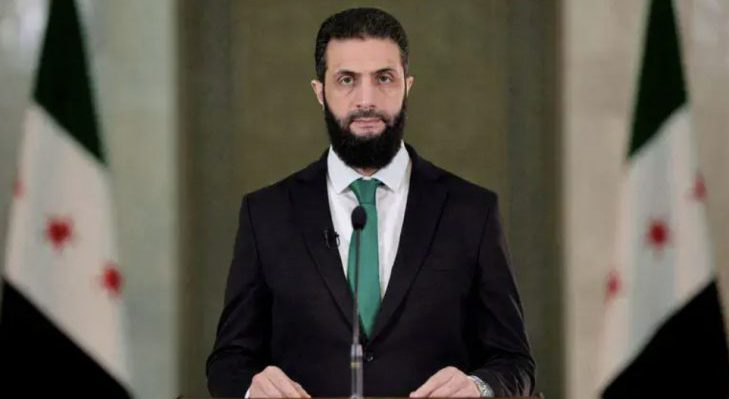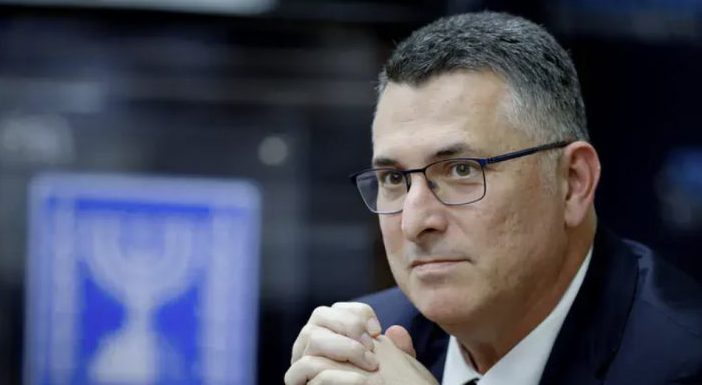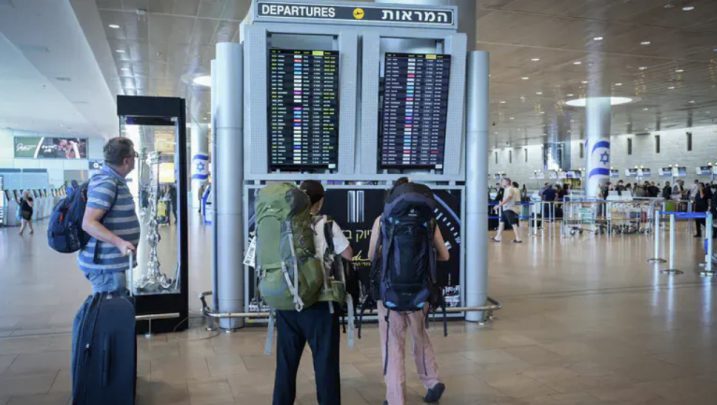Netanyahu-Al-Sharaa Summit Set for September in Washington: Israel and Syria Edge Closer to Historic Security Pact
In a development that could reshape the geopolitical landscape of the Middle East, Israeli Prime Minister Benjamin Netanyahu is reportedly set to meet Syrian President Ahmed al-Sharaa in Washington this September, according to i24NEWS. The high-level encounter—planned just ahead of the United Nations General Assembly—would mark the first official meeting between the two nations’ leaders in decades.
While official agendas remain closely guarded, insiders say the summit is expected to explore a preliminary security agreement—a potential foundation for future normalization between Israel and Syria, modeled loosely on the Abraham Accords. The meeting follows months of quiet backchannel diplomacy, facilitated in part by the United Arab Emirates, which has taken on a leading mediating role in the evolving regional realignment.
The implications of such a summit are enormous. Syria, emerging from years of civil war and diplomatic isolation, has been seeking to reassert its regional relevance. With President al-Sharaa’s government taking the reins in Damascus following the collapse of the Assad regime in late 2024, this proposed engagement with Israel could signal a strategic pivot—away from Iran’s orbit and toward broader Arab-Israeli normalization.
But the path to rapprochement is fraught with complications.
The most significant stumbling block remains Syria’s demand that Israel withdraw from the security buffer zone on the Syrian side of the Golan Heights, territory it seized in the aftermath of Assad’s fall. Israel, citing ongoing concerns over Islamist militias still operating inside Syria, has been reluctant to make territorial concessions without clear and irreversible assurances of stability and control by the new Syrian leadership.
Israeli officials are reportedly cautious, aware that any agreement will require robust security guarantees and likely U.S. involvement to enforce future commitments. Analysts have noted the symbolic and strategic timing of the planned meeting—falling squarely within a period of American re-engagement in Middle East diplomacy. The Biden administration had previously struggled to contain Iran’s regional aggression, and the Trump administration’s return to office has signaled a shift toward reasserting U.S. influence through realignment and normalization efforts.
Should the Netanyahu-al-Sharaa summit proceed and yield a framework agreement, it could profoundly shift the regional balance of power—undermining Iranian influence in Damascus, strengthening Israel’s northern security posture, and offering Syria a pathway out of pariah status.
For now, all eyes are on Washington this September, where diplomacy may yet deliver what war has failed to resolve: a fragile but vital bridge between two long-time adversaries.





